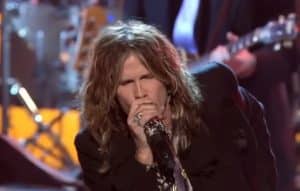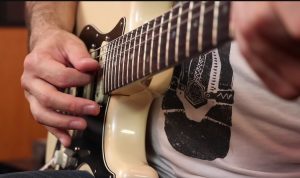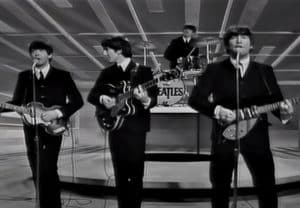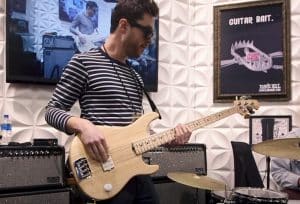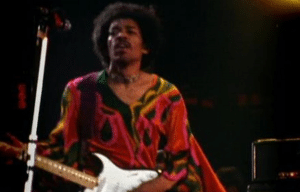Randy Bachman Explains How The Guess Who Got Into So Much Legal Mess
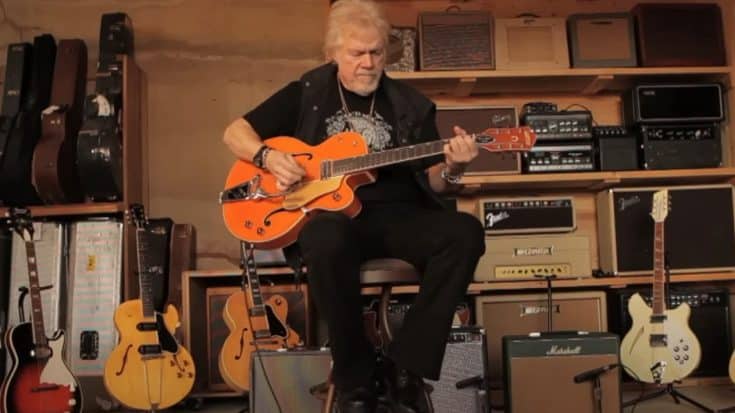
via CBC News: The National / Youtube
In a revealing discussion, Randy Bachman sheds light on the complex legal battles that have ensnared the current iteration of The Guess Who, a band he co-founded in 1966 alongside Burton Cummings. Together, they penned some of the group’s most iconic tracks, including “These Eyes,” “No Time,” and “American Woman.” Bachman’s departure in 1970 to establish Bachman-Turner Overdrive marked the beginning of a new chapter, while The Guess Who dissolved five years later.
Legal Challenges and the Role of Social Media in The Guess Who’s Legacy
Despite the split, Bachman and Cummings teamed up for several reunions of The Guess Who, but by the late ’80s, the band ultimately moved forward without them. Jim Kale, the original bassist, secured rights to the band’s name, soon reuniting with fellow co-founder Garry Peterson on drums. This setup continued until Kale’s retirement in 2016, which was followed by a controversial period leading to the current legal turmoil.
The heart of the issue lies in Peterson’s alleged sporadic presence at The Guess Who concerts, leaving performances devoid of any founding members. Adding insult to injury, promotional materials wrongly featured images of Bachman and Cummings, leading the duo to describe such actions as “tantamount to fraud.”
Social media played a pivotal role in unveiling this debacle to Bachman and Cummings. “Because everybody was shut down for the last three years, there’s no newspaper, there’s no Rolling Stone,” Bachman tells UCR. “So everybody started communicating with us personally with Instagram, with YouTube, with TikTok.” Disappointed fans began reaching out, sharing their grievances. “We drove 600 miles to see you and [instead saw] a bunch of guys who weren’t even born when these songs were hit songs. ‘We spent 100 bucks each, and there’s eight of us, and the songs don’t even sound like you guys.’ ‘American Woman’ now has a flute solo – and that doesn’t fit.” Such direct feedback highlighted the dissonance between the band’s legacy and its current representation.
View this post on Instagram
The Strategy to Reclaim Music Rights and Its Consequences
In response to the prolonged legal battle, Cummings employed a drastic measure by terminating the rights agreements on his songs, preventing The Guess Who from performing them and leading to the cancellation of several concerts. “You can’t really stop that because they own the name; they trademarked the name,” Bachman concedes. “But it’s false advertising; it’s fraud to say that. And the thing is, when they’re promoting it, they’re playing ‘These Eyes’ and ‘American Woman’ and ‘No Time,’ which is me on guitar and Burton singing it – and we wrote them. So, it was a brilliant move to pull the performance [rights] on that away from those guys. Now they can sit and talk. We can talk and do some business.”
This courageous step, though resulting in a significant financial loss for Bachman and Cummings, is seen as a necessary sacrifice to regain some control over their creation. It also sets a hopeful precedent for other bands facing similar predicaments, notably the Little River Band. “Well, the lawyer who figured this out, I believe she set a precedent. I think there should be a court of fairness in the world,” Bachman reflects. The case of the Little River Band, whose founding members lost control of their trademark, underlines the harsh realities of such legal entanglements. “They can’t even play as Little River Band, and that’s totally unfair,” laments Bachman, revealing the widespread implications of these trademark battles on artists’ ability to perform under their original band names.
Interestingly, Bachman assures fans that he retains the ability to perform The Guess Who’s hits during his concerts, thanks to his co-authorship rights. This ongoing saga does not only impact the musicians directly involved but extends to other artists covering their songs, as Bachman humorously muses about Lenny Kravitz’s ability to perform “American Woman.”




